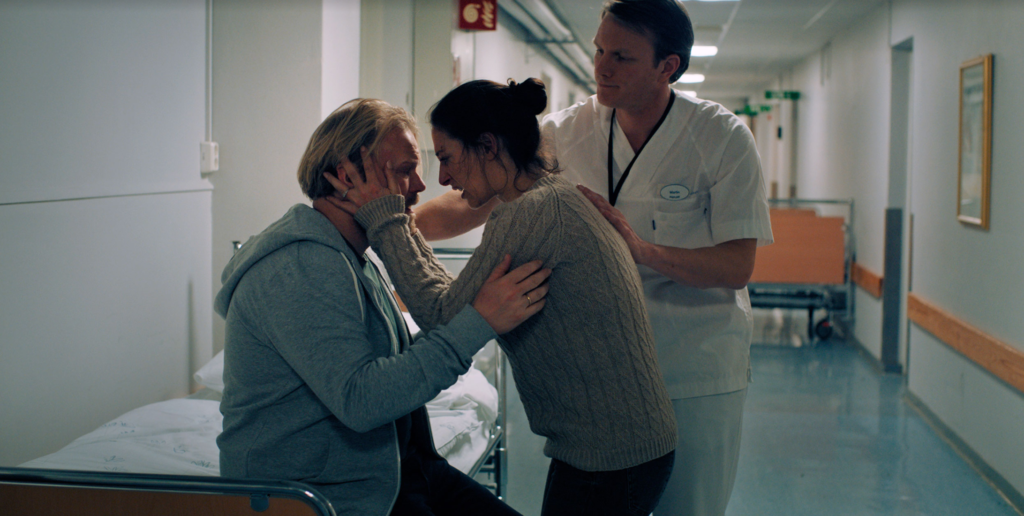Tuva Novotny has an extensive acting background, and has appeared in films like “Eat Pray Love,” “A War,” “Borg vs McEnroe,” and “Annihilation.” “Blind Spot” is Novotny’s directorial debut.
“Blind Spot” will begin screening at the 2018 Toronto International Film Festival on September 10.
W&H: Describe the film for us in your own words.
TN: For me, “Blind Spot” is about the blind spots in and around mental illness, what we don’t see or talk about. It’s about spreading awareness about the isolation one can feel when suffering from mental illness.
W&H: What drew you to this story?
TN: I experienced a personal lack of basic psychological tools and language to address mental illness, and I thought a movie might be able to put a focus on the area, and hopefully work preventatively.
W&H: What do you want people to think about when they are leaving the theater?
TN: That people are not alone, and that just talking openly about mental illness is one big step towards less stigma and isolation.
W&H: What was the biggest challenge in making the film?
TN: For me it was definitely making sure that the subject was treated with care, and that the film worked in a preventative philosophy. I did this by cooperating closely with experts and professionals from the health care sector.
W&H: How did you get your film funded? Share some insights into how you got the film made.
TN: I believe in transparency. Living in Scandinavia is a big privilege for a filmmaker, as we have government funded institutes supporting the fundamental financing of a movie.
Besides this, I was lucky to work with a bigger sized production company that could turn this production around easier than a smaller company.
W&H: What inspired you to become a filmmaker?
TN: I was born and bred into storytelling, shared between theater and film. I believe movies have incredible potential to create debate and discussion in a more free and open arena than politics, for example. To me, the best is when culture can bring subjects to the attention of politics and create a discussion across segments of society.
W&H: What’s the best and worst advice you’ve received?
TN: The best advice was from an older female director who told me to work hard and not care about fame and glory.
The other advice came from an older very well-respected producer and friend who told me to make a commercial movie first, and then make my own ”arty” movies. I did the opposite, which has proved to be the best thing I could’ve ever done.
W&H: What advice do you have for other female directors?
TN: Focus on your own stories. The female perspective and gaze are still lacking enormously.
W&N: Name your favorite woman-directed film and why.
Lynne Ramsay, because of her frank and straight-up gaze, and because she has always created female portraits you see nowhere else — portraits to relate to.
W&H: Hollywood and the global film industry are in the midst of undergoing a major transformation. What differences have you noticed since the #MeToo and #TimesUp movements launched?
TN: As I started working very young, I have of course seen all the absurdities young women in films have had to deal with. But I have always refused to be treated [in a sexist way.] so to me this is not a new thing.
But I warmly welcome the awareness among those who did not consider this an issue before, as it slowly creates a better, healthier, and more equal environment in our business and outside.
Also, most importantly, it will open up more stories with and for a female perspective. To me this is historical. Finally, world history can hopefully be told with a less selective gaze.







